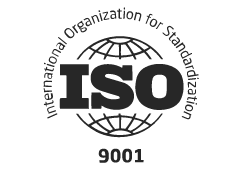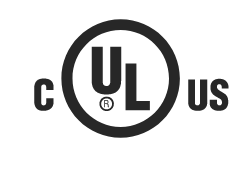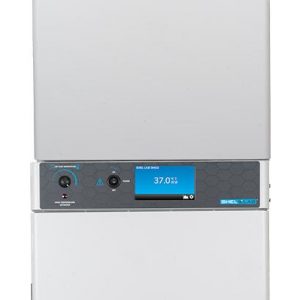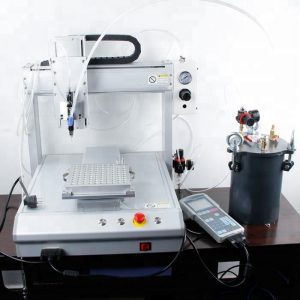
(844) 404-4588
24/7 Customer Support

24/7 Customer Support
$81,010.00 – $163,358.00
The CUP Series (CUP-15 and CUP-30) delivers the ability to extract and target compounds from a variety plant materials. The Centrifuge Utility Platform (CUP) combines closed-loop, alcohol extraction with mechanical centrifugation ensuring a high-purity, consistent extraction. This extraction technology can target specific plant compounds through programmable sequences, effectively isolating the desired separation.
Boasting a 97% alcohol removal from biomass, the CUP systems streamline production times and maximize extraction yield. Designed and built in northern California, Delta Separations is taking US craftsmanship to the next level.

The NEW 2020 CUP Series alcohol extraction system (patent pending) is now fully UL/CUL 1389, PSI reviewed, and ISO 9001 certified. This makes the CUP Series the first US-manufactured extraction equipment to adhere to these respected industry-wide standards.
What do these certifications mean to you–our customer?
They reduce business risk by expediting approval by your local AHJ (Authority Having Jurisdiction) to help get your lab up and running fast. But more importantly, certifications and industry standards also ensure the safety of your facility and staff.

Quality Management System of Delta Separations, LLC has been assessed by NSF-ISR and found to be in conformance to the following standard(s): ISO 9001:2015 for manufacturing and assembly of chilling ethanol extraction equipment.
Certificate Number: C0538928-IS1

UL Component Recognition means that UL has evaluated components or materials intended for use in a complete product or system.
SYSTEMS CERTIFIED

UL Component Recognition means that UL has evaluated components or materials intended for use in a complete product or system.

Runtime for CUP-15 is 15 minutes and CUP-30 is 20 minutes, allowing operators to process up to 600 pounds of material in a standard eight-hour shift. With the touch of a button, the automated program menu runs the cycle to the user’s specifications.
Production Capacity
Production Capacity
Standard on both CUP-15 and CUP-30
All plants, such as, produce an essential oil. In order to access this oil, usually a solvent is utilized to separate the oil from the plant matter. Ethanol alcohol allows extractors to concentrate the plant oil into a more refined end-product, which can then be used by itself or infused into foods or topicals.
Ethanol AKA alcohol (a colorless volatile flammable liquid) is an ideal solvent for the extraction processes because it’s a polar solvent that easily mixes with water and dissolves water soluble molecules such as chlorophyll, but also has the ability to dissolve many other, non-polar compounds, such as cannabinoids. Ethanol is also readily available and cost effective. Using the proper ethanol extraction equipment, thousands of pounds of and other plant products per day can be efficiently extracted.
Ethanol extraction is a process that can be done under either warm, cold, or room temperature conditions depending on your desired end-product.
For warm or room temperature ethanol extraction, the ethanol is used to quickly wash the plant material which gives a full spectrum concentrate.
For cold ethanol extraction, an industrial extraction chiller can be used to provide chilled ethanol to perform the extraction. Cold ethanol extraction is best suited for producing concentrated cannabinoid distillates and isolates because it does not extract water soluble compounds like chlorophyll as easily.
Ethanol itself can be a dangerous chemical due to its highly flammable properties. However, using ethanol to extract CBD from hemp is a safe process if high-quality extraction equipment is used. Premium extraction equipment evaporates out all the ethanol, leaving negligible amounts behind in the product. In addition, new solvent recovery processes allow up to 98% of the ethanol to be recovered and re-used for future extractions.
While ethanol extraction does have its risks, when compared to other extraction methods ethanol is arguably the safer process. Hydrocarbon extraction (using butane or propane as a solvent to extract the plant materials and then heating the mixture to evaporate the solvent, leaving behind an extract), and CO2 extraction (subjecting carbon dioxide to high pressures until it becomes a fluid, extracting the plant material with this fluid, and then returning the CO2 to a gas phase to separate the extract) carry more risks and take longer to learn.


Our team of professionals is dedicated to supplying the highest quality and safest products in the industry. We look forward to working with you and your team in the future. If you have any questions or comments you may email us at sales@scisolinc.com or call us at (844) 404-4588.
